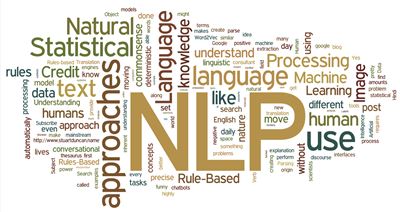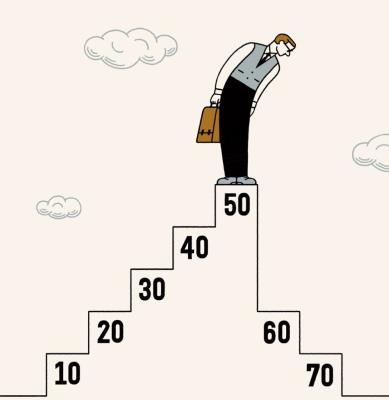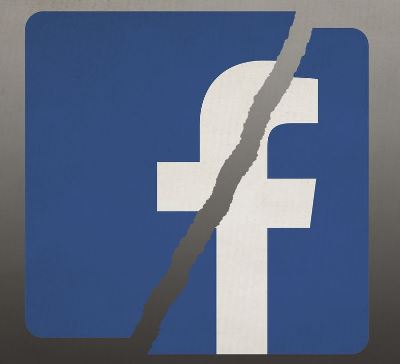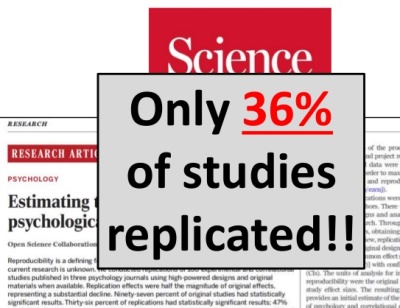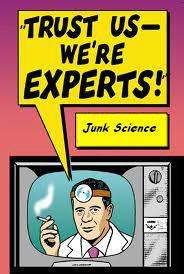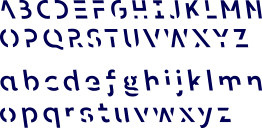I love this post by Pamela Slim ‘23 Lessons from 23 years in business‘, because it resonates with my experience while providing a useful perspective. Of course it is mainly applicable to professional services such as coaching and consulting, although after consideration, its relevance is actually quite far reaching. I really recommend the short read.

Here are some of the lessons that resonate the most with me:
- we often don”t know but we have the find out attitude (through the depth of our network or reference basis)
- the importance of professional ethics – any lapse will catch up later
- be conservative on the financial side and on the commercial expectations to survive on the longer term
- it’s actually more work and pain than you’d expect first!
- seek impact rather than income
- the importance of the client in our success and development
- the need to look for root causes instead of going straight for the symptoms brought to our attention initially by the client
In some follow-up posts, the last three specific topics will be developed further because I believe they are so important.

